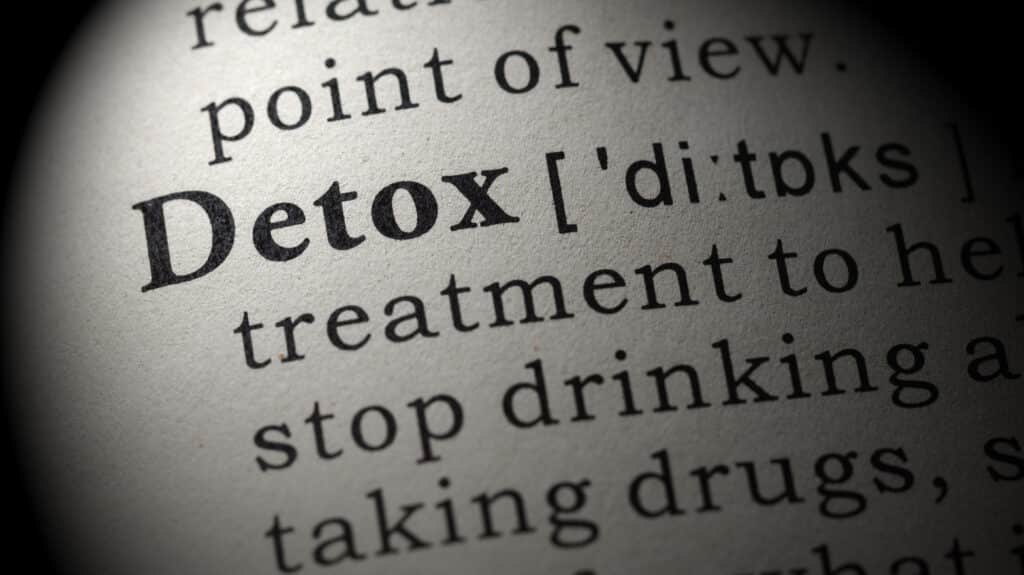The drug detoxification process is a carefully-constructed form of treatment for those with alcohol or drug addiction. To remove drugs or alcohol from the body via medical detox methods, it’s necessary to be monitored by a medical professional.
Stopping drugs or alcohol “cold turkey” can lead to severe withdrawal symptoms. When attending a detox center under medical supervision, a healthcare professional can assist in helping taper you off the substance slowly.
What Is Medical Detox?
Medical detox is a form of treatment which helps your body expel the unwanted and dangerous chemicals stored in your body from substance abuse. Through detox, your body is replenished with the nutrients and vitamins it needs.
The goal of detox is stabilization for your mental and physical well-being before you transition into inpatient or outpatient addiction treatment.
Why Is Medical Supervision Necessary?
Those experiencing drug withdrawal throughout the detox process can develop symptoms of withdrawal such as intense cravings for the drug. To help manage cravings and other side effects caused by withdrawal, as well as avoid relapse, a healthcare professional will monitor you.
A professional can monitor your overall health to determine the type of detox method you require.
Types Of Drug Detox Programs
There are several types of drug detox programs. The detox program you require may depend on the type of substance abused.
Alcohol Detox
Those receiving alcohol detox may taper slowly to help avoid any alcohol withdrawal symptoms which may occur. Additionally, medications such as benzodiazepines or other sedatives may be used to help treat alcohol withdrawal.
Benzodiazepine Detox
Those who abuse benzodiazepines such as Valium (diazepam), Xanax (alprazolam), and clonazepam (Klonopin) may require detox. Negative side effects such as seizures can take place if the detox process is not carried out responsibly.
Opioid Detox
Those abusing opioid drugs such as oxycodone (OxyContin), fentanyl, or heroin may suffer severe withdrawal when detox is not carefully monitored. Unfortunately, detox can be uncomfortable for the body.
According to the Substance Abuse and Mental Health Services Administration (SAMHSA), it is preferred that those with an alcohol or opioid withdrawal syndrome receive hospitalization care due to health problems which can take place.
Stimulant Detox
Those seeking to detox from stimulants such as cocaine or methamphetamine can experience withdrawal symptoms as soon as 24 hours after the last time the drug was abused. This form of detox also requires supervision due to the serious side effects that can take place.
According to the National Institute on Drug Abuse (NIDA), detoxification alone may not be as successful if a person doesn’t follow up with treatment provided by a rehab facility.
Treatments That Help The Detox Process
A substance abuse treatment facility may offer inpatient detox to help you stabilize before treatment. The drug detox process can benefit from supplementary treatment options that depend on the severity of drug use which has taken place.
At a residential center, you will have access to a variety of treatment programs in addition to medical detox.
Medication-Assisted Treatment (MAT)
If you suffer from an alcohol use disorder or an opioid use disorder, medication-assisted treatment (MAT) may be suggested. This type of treatment is only available for those suffering from either of these substance use disorders.
MAT combines therapy with medications such as methadone, buprenorphine, and naltrexone to reduce withdrawal symptoms and cravings.
Aftercare Resources
Aftercare services may be offered at a treatment center. To maintain sobriety, consider participating in aftercare options such as support groups, 12-step programs, or sober living homes.
Additional therapy options including individual or group therapy can be beneficial to the recovery process after you complete detox and addiction treatment.
If you or a loved one are struggling with alcohol or drug abuse, consider a treatment plan offered at Northeast Addictions Treatment Center. At our facility, we offer outpatient behavioral health options as well as wellness techniques that focus on your well-being.
Speak with one of our healthcare professionals today and begin your recovery journey.
Sources:
- National Institute on Drug Abuse – Treatment and Recovery
- Substance Abuse and Mental Health Services Administration – Detoxification and Substance Abuse Treatment

